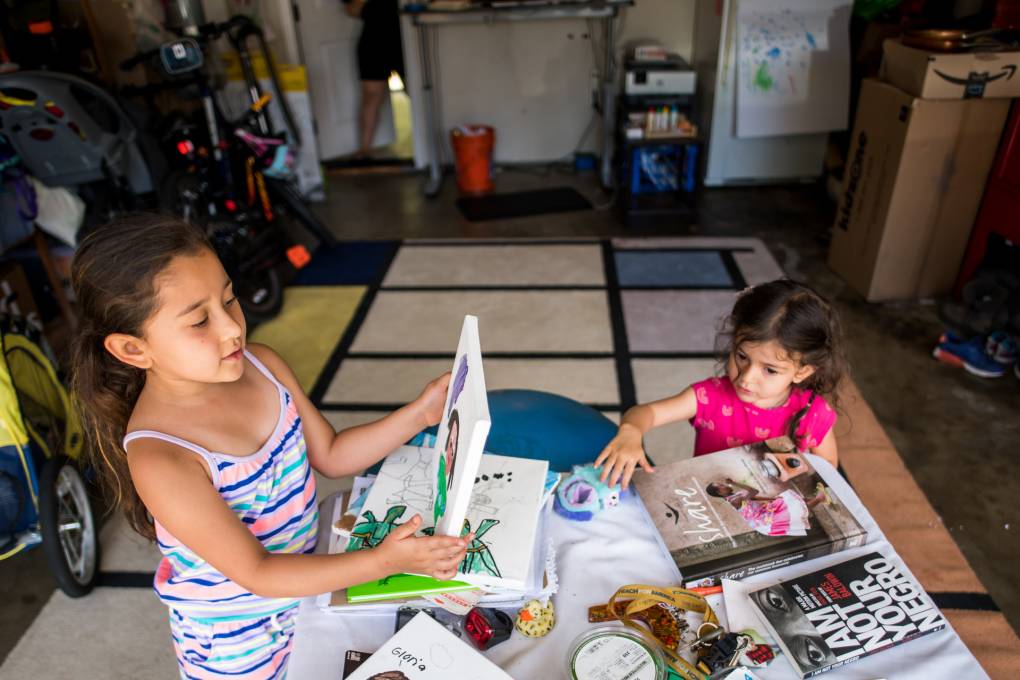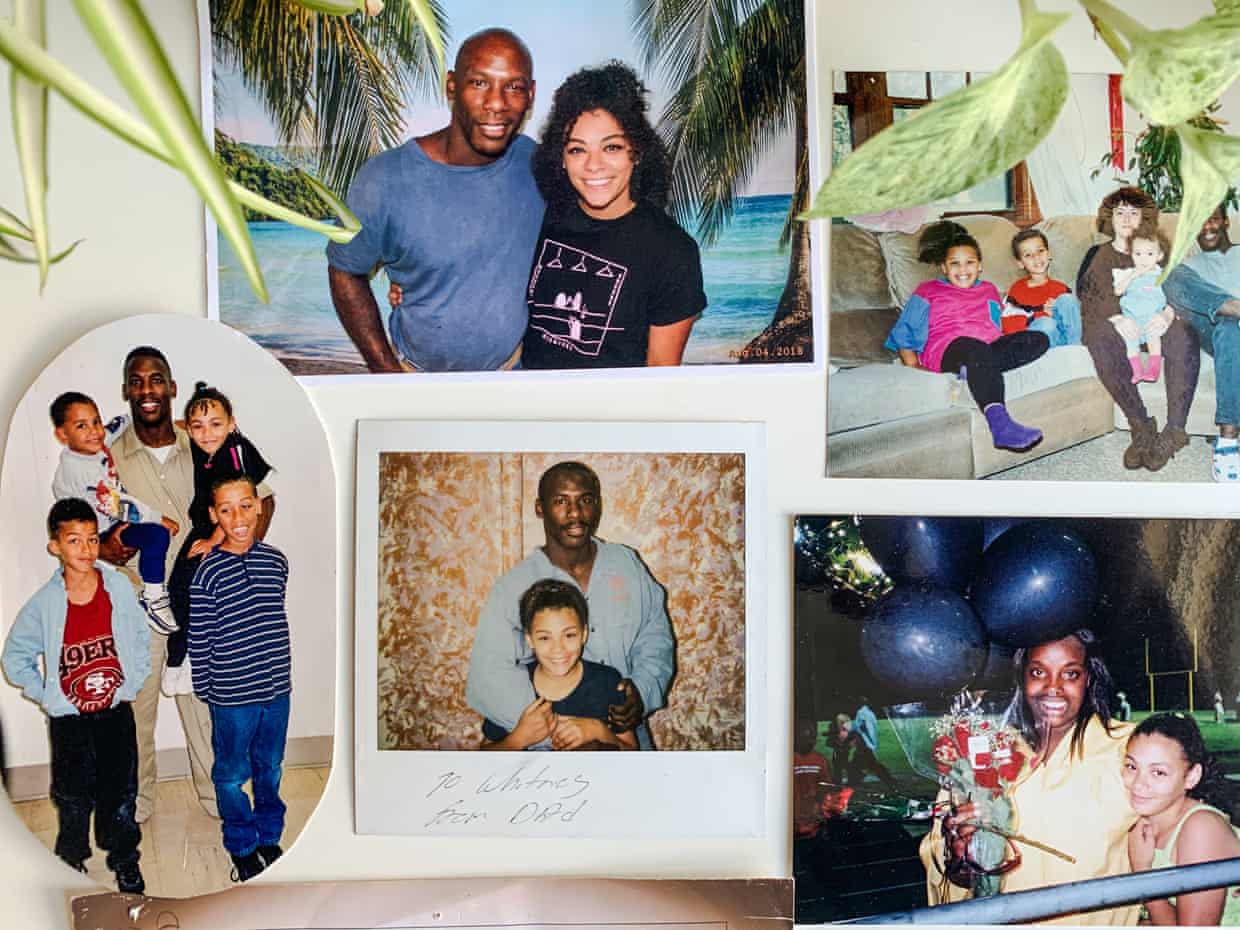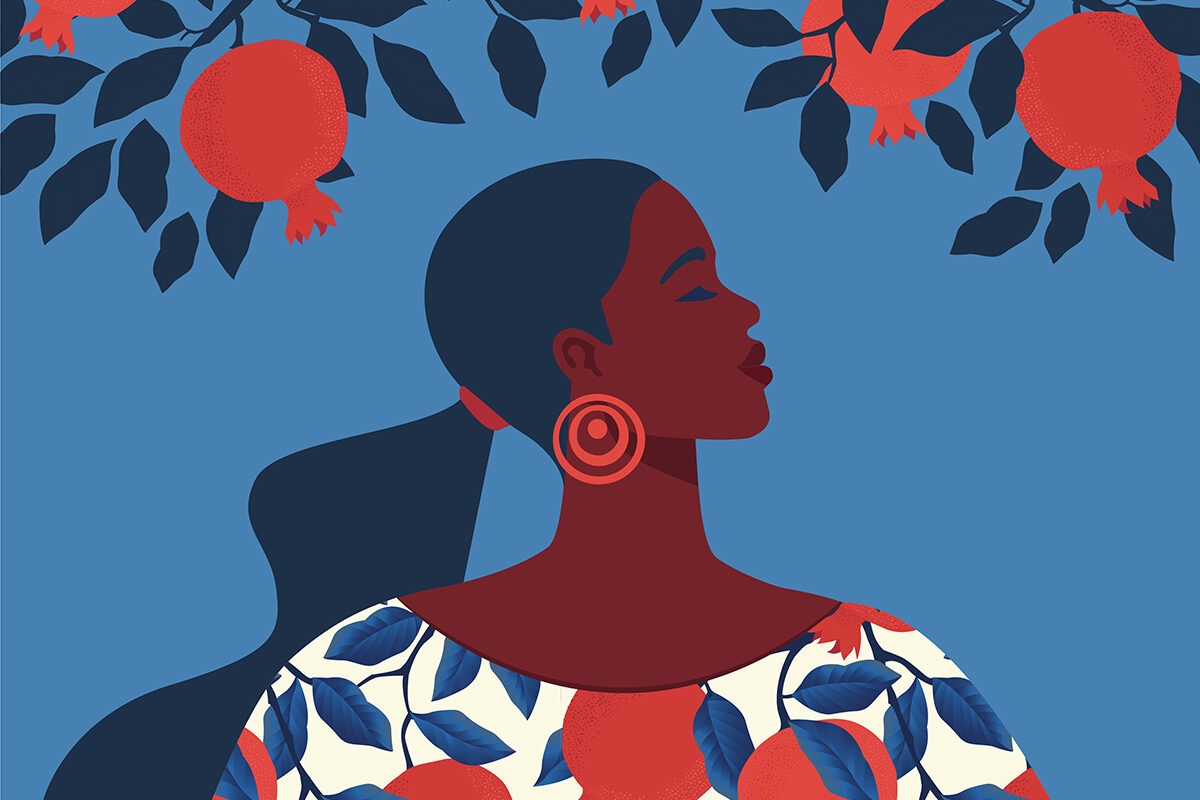Local Voices: What Does it Mean to “Pass” as White?Posted in Articles, Autobiography, Latino Studies, Media Archive, Passing, United States on 2020-06-15 00:17Z by Steven |
Local Voices: What Does it Mean to “Pass” as White?
The Coronado Times
Coronado, California
2020-06-07
Carolyn Osorio
Barrio Logan, San Diego, California
The Coronado Times asked its writers to tackle the topic of race in Coronado. Given the current environment, we were asked to address the topic head-on and at first, I’ll admit, I wasn’t sure how to tackle it. I do not live in Coronado, I am not black, and I would not presume to imagine the lived experience of being black in America today. However, tensions are high everywhere and an altercation with one of my Barrio Logan neighbors about my whiteness this past week highlighted a very important topic that I do feel qualified to tackle: What does it mean to “pass” as white?
This is a question I, and other mixed-race people, ask ourselves constantly. Born from a combination of cultures, we have a foot in two (or more) worlds but, oftentimes, none of them fits quite right. For many of us, our racial makeup can be physically ambiguous and this ambiguity often allows us to “pass.” I’d like to think we are the living embodiment of America’s melting pot, a celebration of mixed cultures and languages, the product of two people choosing to love a different race than their own. Instead, we are often not quite white enough to be “white” but not quite brown or black or Asian or native enough to belong entirely to part of our cultural makeup. When we fill out the racial demographic section of forms, we are forced to select just one box that might define us. This has never felt more important than it does now in the face of protests and movements dedicated to abolishing racial prejudice…
Read the entire article here.









